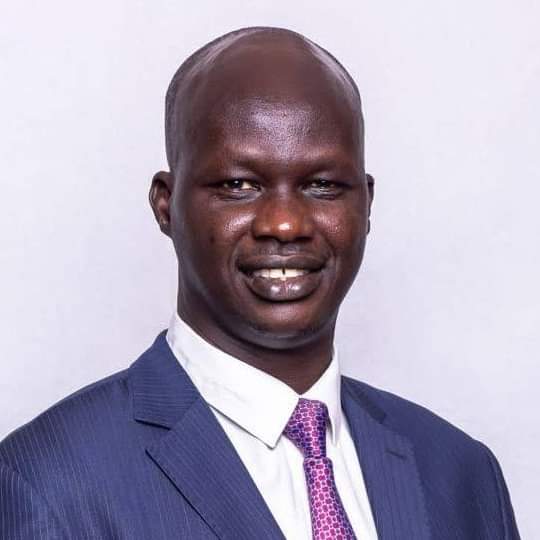In a recent interview for the iNKONVERSATION PODCAST with Doreen Keji Lugor, Investment Manager South Sudan, Ikomoko, Dr. Addis Ababa Othow, Managing Director of Equity Bank South Sudan, shared insights into the bank’s role in promoting financial inclusion in a challenging environment.
Dr. Addis’s career trajectory is a testament to his dedication to the financial sector. He has held various positions in academia and banking, including roles at the Central Bank of Sudan and Equity Bank Kenya. His experience has equipped him with a deep understanding of financial systems, particularly in emerging markets.
Navigating Challenges and Seizing Opportunities
South Sudan’s banking sector has witnessed significant growth in recent years. However, challenges such as political instability, economic volatility, and underdeveloped infrastructure continue to hinder progress. Dr. Addis acknowledges these challenges but emphasizes the opportunities that exist:
“When I came here, there were a few banks that were operating in Southern Sudan due to war and conflict. Through the signed Comprehensive Peace Agreement (CPA) that allowed for conventional banking system that was introduced then in Southern Sudan, the banks that were mainly here were Islamic and had to relocate back to Sudan. Since then, we have seen a lot of milestones. We have seen so many banks coming up,” he explains in the podcast interview.
Driving Financial Inclusion
Equity Bank South Sudan has been at the forefront of promoting financial inclusion. The bank has implemented a multifaceted strategy to reach underserved populations:
A dive inside digital Innovation: By leveraging digital platforms and mobile banking solutions, the bank has extended its reach to remote areas, enabling individuals and businesses to access financial services conveniently.
Social Impact Initiatives: Equity Bank actively engages in social payment interventions, such as cash drop and cash distribution, to bring marginalized communities into the formal financial system.
Partnerships: Collaborations with organizations like Inkomoko and the World Food Program have allowed the bank to provide financial literacy training and concessional financing to small businesses, particularly in the agricultural sector.
Capacity Building: The bank invests in capacity building programs to empower entrepreneurs and improve their financial management skills.
